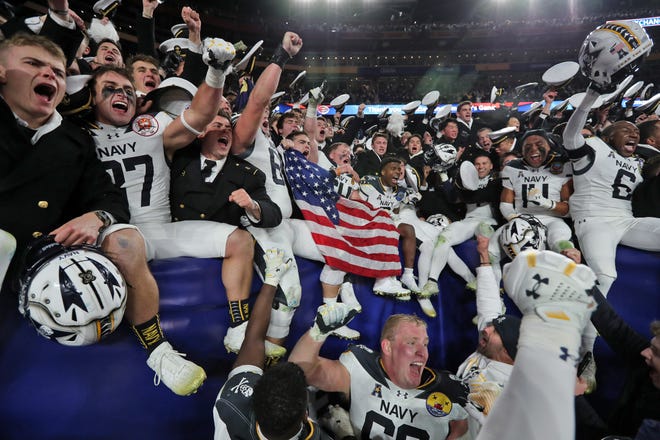In sports leadership, we often talk about grit, culture, and toughness. But one of the most powerful tools for building great teams often gets overlooked: experiential learning.
It’s more than just “learning from experience.” What drives real growth is how you reflect, reframe, and respond.
The Power Behind the Process: Kolb’s Experiential Learning Cycle
Legendary educator David Kolb identified a four-stage learning cycle that transforms experience into excellence:
🔁 Experience → Reflection → Conceptualization → Experimentation
This isn’t just theory—it’s a playbook for resilient, high-performing teams.
Navy Football: A Masterclass in Learning Through Adversity
Let’s take a look at the 2024 Navy Midshipmen under Head Coach Brian Newberry.
Predicted to finish 11th in the AAC, they defied expectations with a 10–3 record, a dominant win over Army, and a dramatic Armed Forces Bowl victory over Oklahoma—their first winning season and postseason victory since 2019.
But success wasn’t linear.
After starting 6–0, the team hit a midseason wall: turnovers, injuries, and pressure disrupted momentum. That’s when the learning loop kicked in.
How Navy Used the Experiential Learning Cycle
Here’s how they turned setbacks into breakthroughs:
- Reflection: Honest evaluation of execution, mindset, and preparation.
- Conceptualization: A new team identity emerged—built on resilience, adaptability, and ownership.
- Experimentation: Tactical changes followed—new leadership at quarterback (Blake Horvath, Bowl MVP), tighter ball security, and stronger senior leadership accountability.
The result? A dominant win against Army West Point, a thrilling 21–20 bowl win, a Top-25 finish, and renewed momentum for 2025.
What This Means for Coaches and Leaders
This is what an intentional learning culture looks like:
✅ Experience adversity
✅ Reflect without ego
✅ Reframe identity
✅ Experiment to improve
Teams that learn fast, win more.
Embedding Experiential Learning in Your Team
Whether you’re leading on the field, in the boardroom, or in the locker room, ask yourself:
Are we just experiencing… or are we actually learning?
Experiential learning isn’t just a postgame breakdown or a film session—it’s a mindset. When built into your team’s culture, it becomes a competitive edge.
I’d love to hear how your team is doing! http://tomvandam.com
